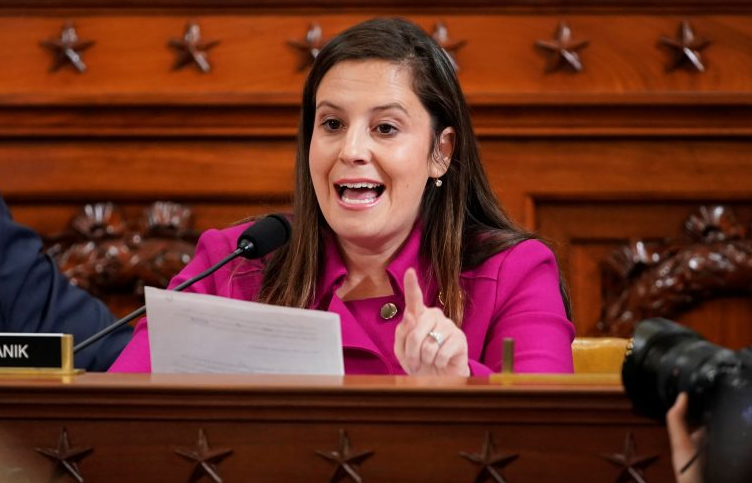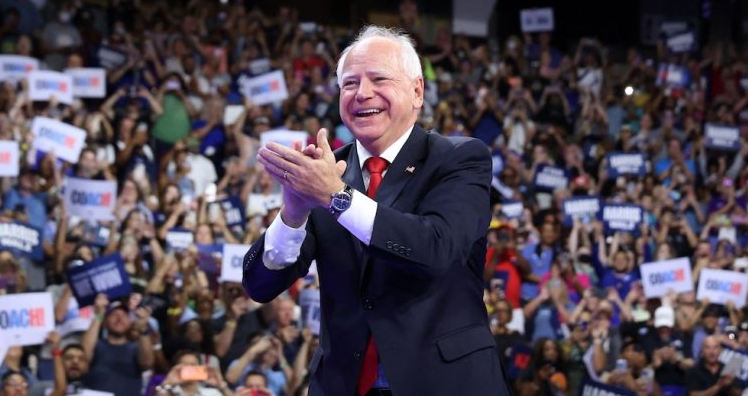In her role as Vice President, Kamala Harris has faced considerable scrutiny, particularly from House Republican Conference Chairwoman Elise Stefanik. Stefanik’s critique delves into Harris’s readiness to lead, especially in light of recent international incidents that have put the administration’s foreign policy under a microscope.
The tragic death of Hersh Goldberg-Polin, an American-Israeli held captive by Hamas, has become a focal point for Stefanik’s concerns. This incident, occurring under the watch of President Biden and Vice President Harris, raises questions about the administration’s approach to hostage situations and broader Middle East policy. Stefanik argues that the U.S. response, or lack thereof, in providing military aid during this crisis, reflects poorly on Harris’s ability to ensure the safety of Americans abroad.
Moreover, Stefanik’s critique extends to Harris’s involvement in national security decisions, pointing to the Biden-Harris administration’s handling of the Afghanistan withdrawal. The Kabul airport bombing, which resulted in the loss of 13 American service members, serves as a grim reminder of what Stefanik perceives as a failure in leadership. The administration’s avoidance of responsibility for this tragedy, coupled with what Stefanik describes as an insensitive political maneuver on the anniversary of the event, underscores her argument about Harris’s disconnect from the consequences of her administration’s policies.
The contrast Stefanik draws between the current administration’s actions and those of former President Trump, particularly in how they engage with military families, further illustrates her point about leadership style and accountability. While Trump visited grieving families, the Biden-Harris administration has, according to Stefanik, failed to show similar empathy or take responsibility for their decisions.
Stefanik’s critique isn’t merely about isolated incidents but paints a broader picture of Harris’s tenure as marked by missteps and a lack of foresight in leadership. This raises significant questions about her preparedness to step into the role of Commander-in-Chief. The argument here isn’t just about policy disagreements but about the fundamental ability to lead with vision, decisiveness, and empathy, qualities Stefanik finds lacking in Harris’s approach to governance.
In essence, Stefanik’s critique of Harris serves as a call to re-evaluate what qualities are essential in a leader, especially one who might soon hold the highest office in the land. It’s a debate that transcends party lines, focusing on the welfare and security of American citizens, which should be paramount when considering leadership transitions. The discussion initiated by Stefanik challenges voters and political observers alike to look beyond rhetoric and assess the real-world implications of leadership choices in an increasingly complex global landscape.
Watch The Video Below On X!
Today I joined @SundayFutures on @FoxNews with @SeanDuffyWI to discuss the horrific news of the six hostages murdered by Hamas, the repeated and disgraceful foreign policy of Kamala Harris, and House Republicans’ work to protect election integrity. pic.twitter.com/9sFRYOZosn
— Rep. Elise Stefanik (@RepStefanik) September 1, 2024





